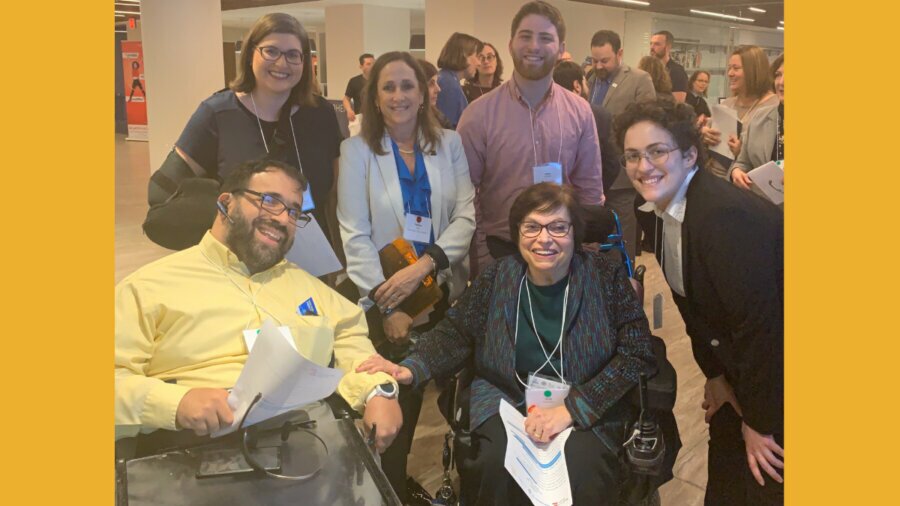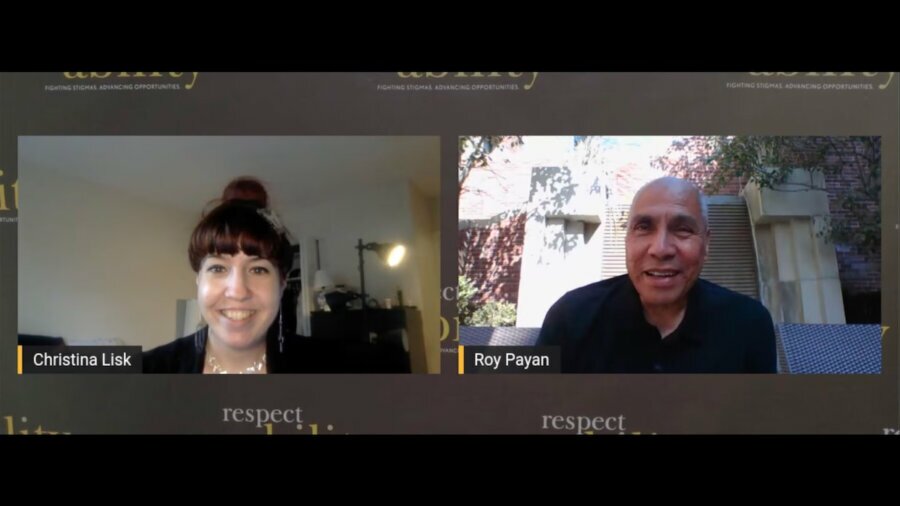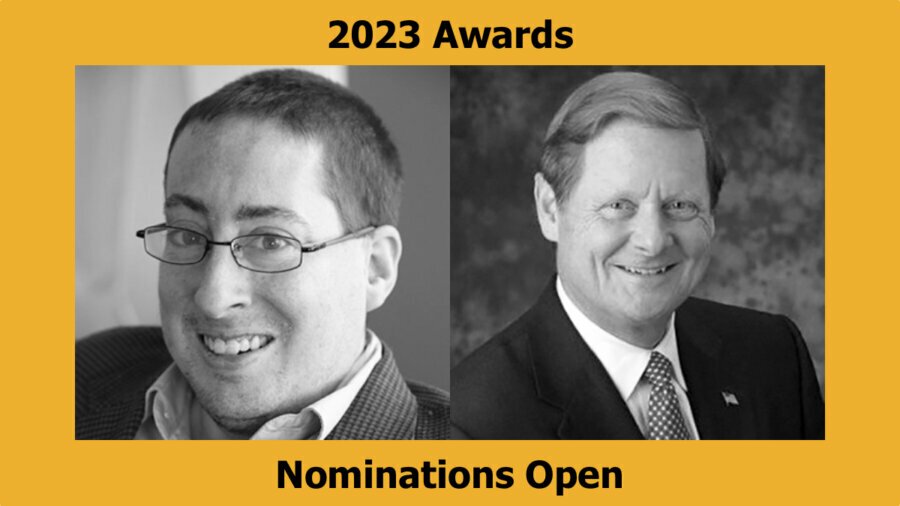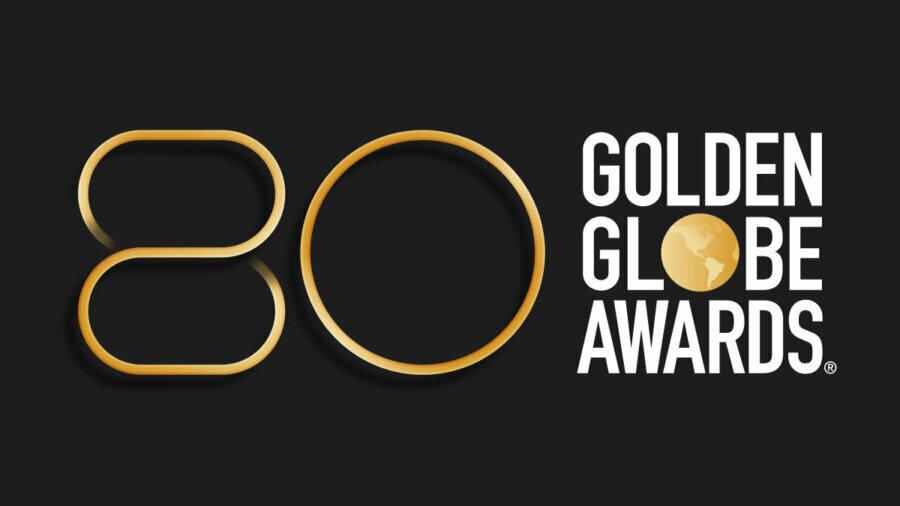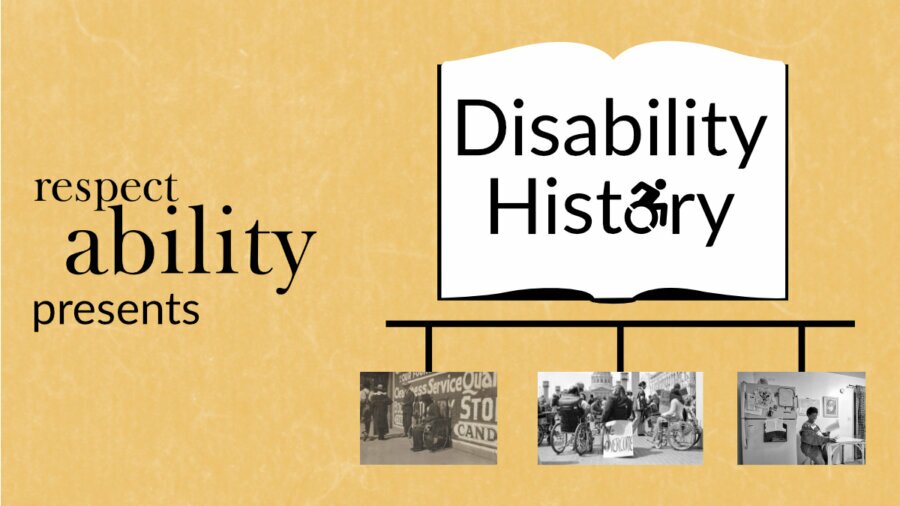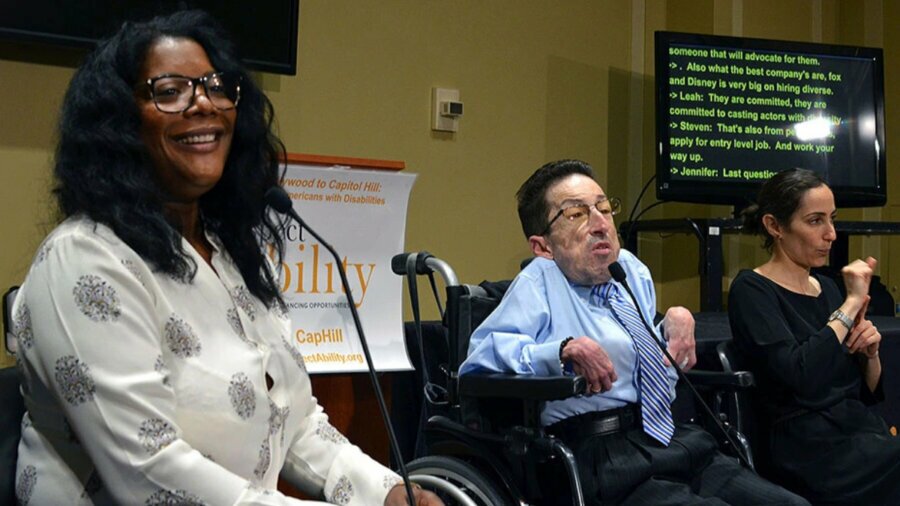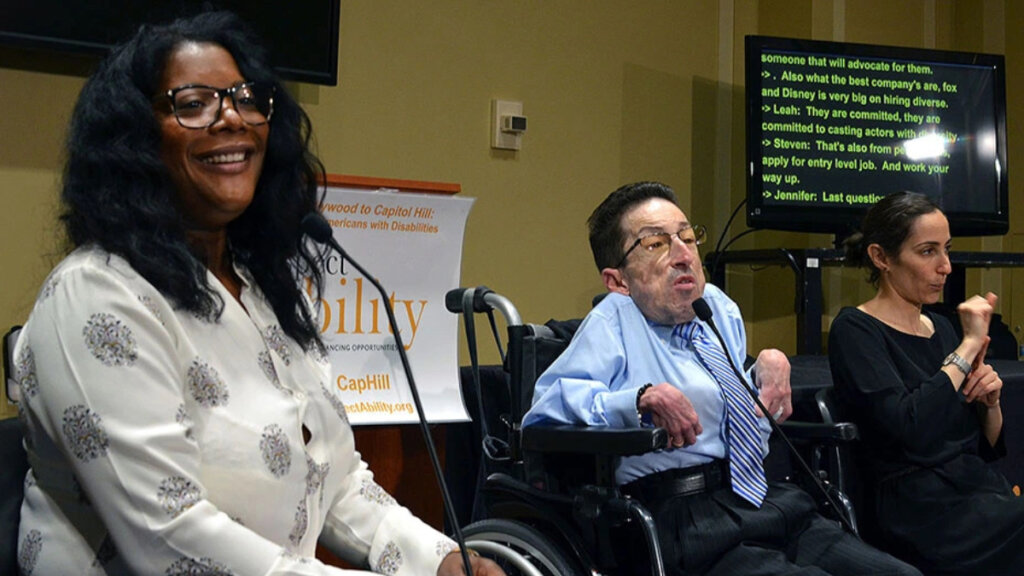This past Saturday, Judy Heumann, a legendary changemaker and advocate for disability rights, passed away after a brief time in the hospital. Judy’s website shared the news of her passing and highlights of her life’s work: “Judy was at the forefront of major disability rights demonstrations, helped spearhead the passage of disability rights legislation, founded national and international disability advocacy organizations, held senior federal government positions, co-authored her memoir, Being Heumann, and its Young Adult version, Rolling Warrior, and was featured in the Oscar-nominated documentary film, Crip Camp: A Disability Revolution.”
Judy was fighting for disability inclusion right until the end. Just a few weeks ago, she did a webinar with RespectAbility to kick off Jewish Disability Awareness, Acceptance, and Inclusion Month. Most of our team had the chance to meet and learn from Judy over the years, and all of us have benefitted greatly from her work. Below, we’re sharing a few notes from our team about what Judy meant to us as an advocate, friend, partner, and colleague. We’re also sharing information on the memorial service happening this Wednesday. Several members of our team will be in attendance at the memorial. We strongly encourage those who cannot make it in person to watch the livestream.
We mourn Judy’s passing, and keep her family, friends, and the rest of the disability community in our thoughts. We won’t stop until the world she envisioned becomes a reality. May her memory be a blessing. [continue reading…]
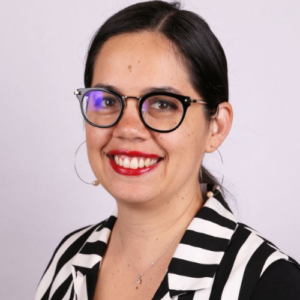 As a fourth-generation Mexican-American from Southern California, Cesar Chavez Day has become a day for me to honor my ancestors and living relatives who worked up and down the state in packing houses, lemon groves, and strawberry fields. Given that the holiday also falls at the tail end of Women’s History Month, my thoughts are inevitably centered on all the women in my family who toiled in the shadows so others could have greater opportunities.
As a fourth-generation Mexican-American from Southern California, Cesar Chavez Day has become a day for me to honor my ancestors and living relatives who worked up and down the state in packing houses, lemon groves, and strawberry fields. Given that the holiday also falls at the tail end of Women’s History Month, my thoughts are inevitably centered on all the women in my family who toiled in the shadows so others could have greater opportunities.

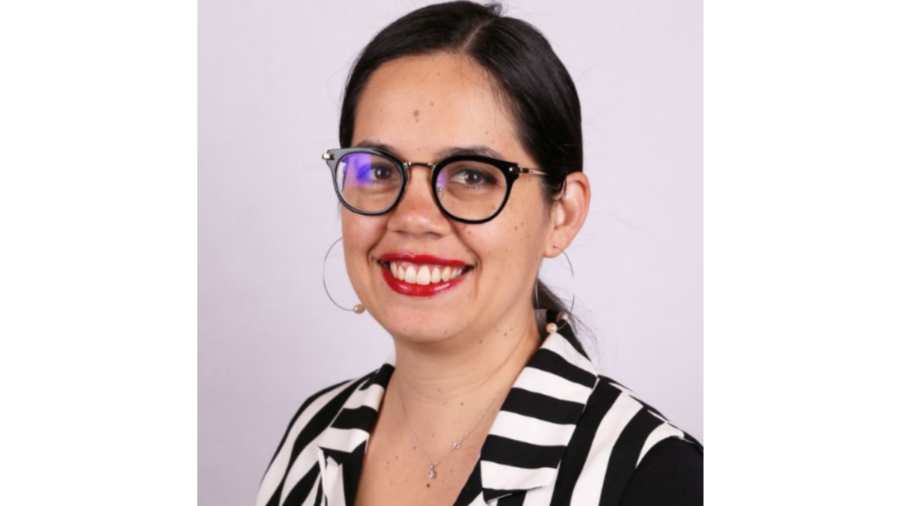
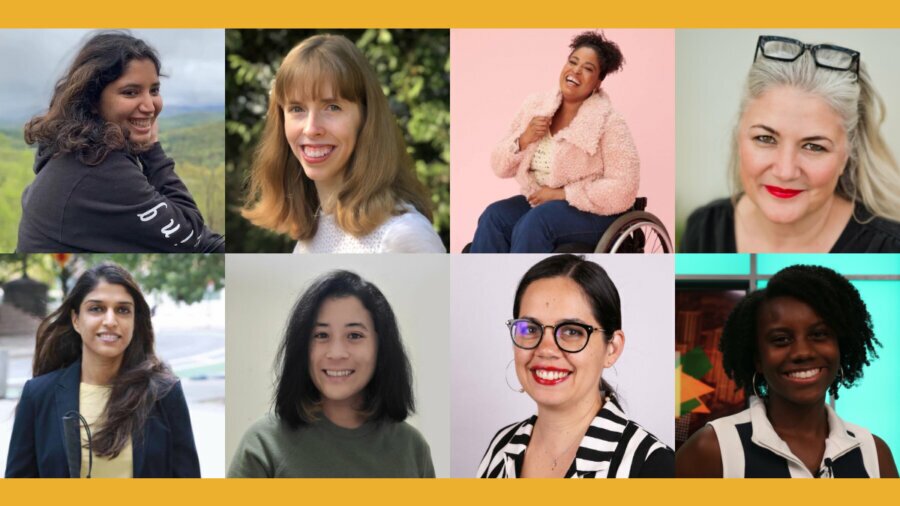
 Washington, D.C., March 26 – As we celebrate Women’s History Month, RespectAbility recognizes the important contributions made by women and people of other marginalized gender identities this month, every month, and throughout the history of the United States.
Washington, D.C., March 26 – As we celebrate Women’s History Month, RespectAbility recognizes the important contributions made by women and people of other marginalized gender identities this month, every month, and throughout the history of the United States.